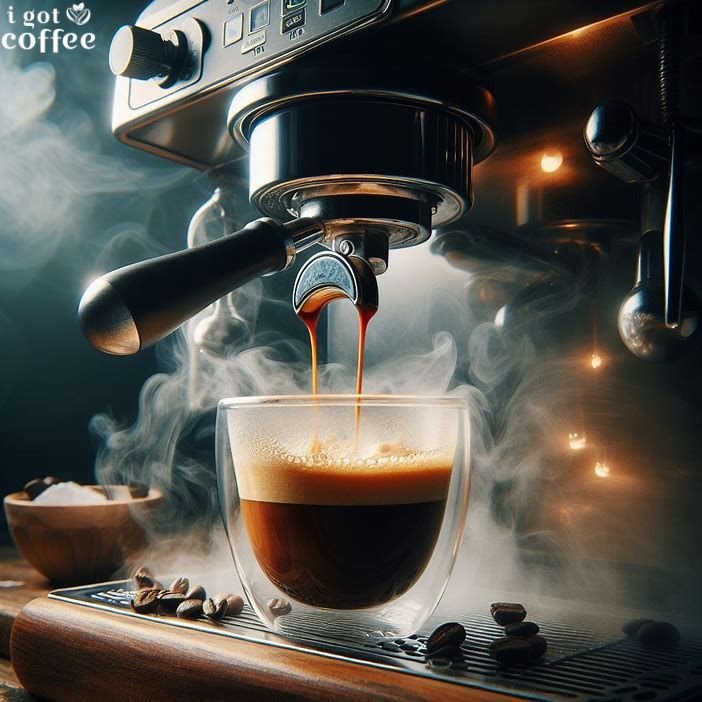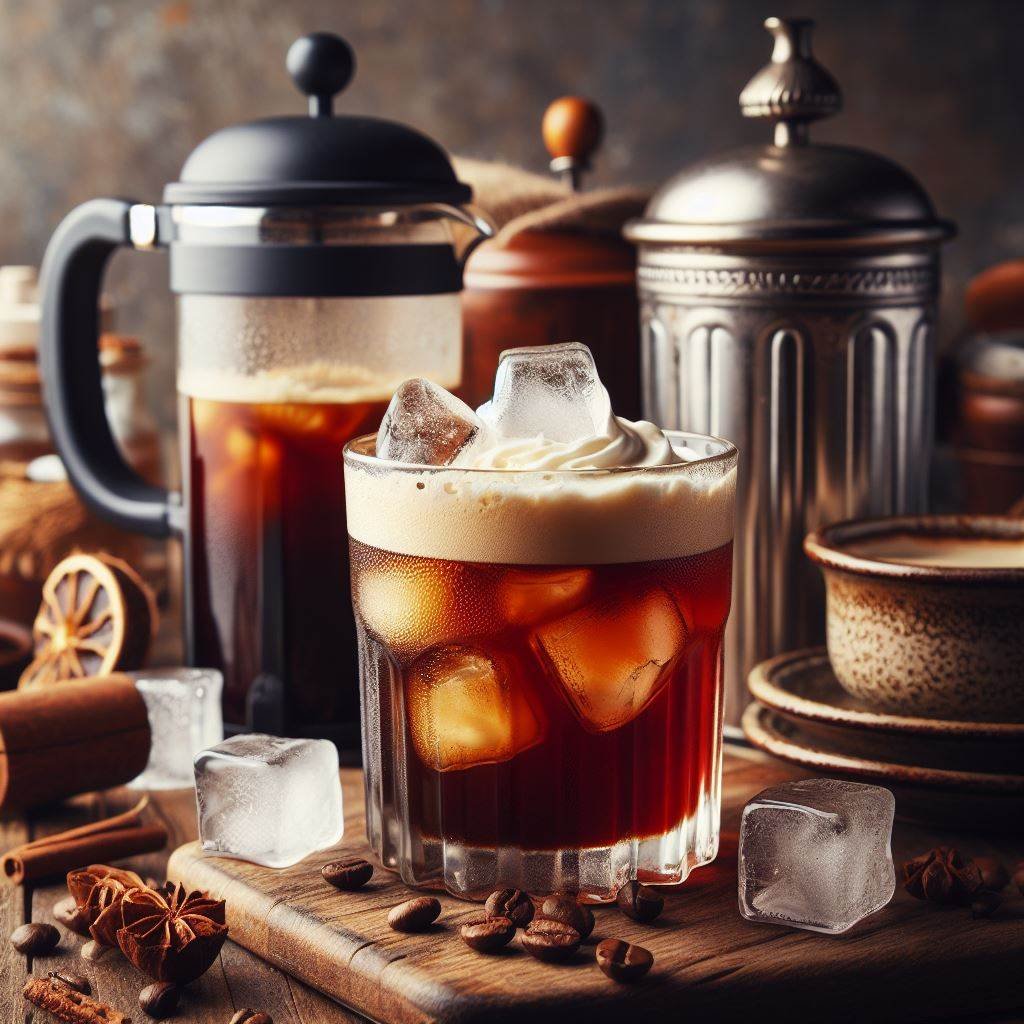Espresso Coffee Recipe:
Espresso coffee is a concentrated form of coffee that is brewed by forcing hot water through finely-ground coffee beans under high pressure. It is known for its rich flavor, intense aroma, and velvety texture. Whether you enjoy it as a standalone shot or use it as a base for other coffee beverages like lattes and cappuccinos, mastering the art of making a perfect espresso is a delightful skill to have. In this recipe, we will guide you through the process of making a delicious espresso coffee right at home.
Espresso Recipe
Learn the art of grinding, dosing, and extracting to create a rich, velvety cup bursting with flavor and aroma. From equipment essentials to expert tips, embark on a journey to master the art of espresso brewing and elevate your coffee experience.
Prep Time 5 minutes mins
Cook Time 5 minutes mins
Total Time 10 minutes mins
Course Drinks
Cuisine Italian
Servings 1 People
Calories 0.003 kcal
Equipment
- Espresso machine
- Burr grinder
- Tamper
- Preheated espresso cup
Ingredients
- 20 grams Freshly roasted coffee beans (preferably medium to dark roast)
- 60 milliliters Filtered water
Instructions
- Grind the coffee beans: Start by grinding the coffee beans to a fine consistency. The grind size should resemble fine sand. This can be achieved using a burr grinder, which provides a more consistent grind compared to blade grinders.2. Preheat the espresso machine: Before brewing, make sure to preheat your espresso machine. This step ensures that the water maintains optimal temperature throughout the brewing process. Follow the manufacturer's instructions for preheating.3. Dose and distribute the coffee grounds: Measure 20 grams of freshly ground coffee and distribute it evenly in the portafilter basket. Use a tamper to press the coffee down gently, ensuring an even surface.4. Attach the portafilter and start the extraction: Lock the portafilter into the espresso machine. Place a preheated espresso cup under the spout to collect the brewed espresso. Start the extraction immediately after locking the portafilter.5. Observe the extraction time: The ideal extraction time for a shot of espresso is around 25-30 seconds. During this time, the water should pass through the coffee grounds, extracting the flavors and oils. Adjust the grind size or tamp pressure if needed to achieve the desired extraction time.6. Enjoy your espresso: Once the extraction is complete, carefully remove the portafilter from the machine and discard the used coffee grounds. Serve the freshly brewed espresso in a preheated cup and savor the rich flavors and aromas.
FAQ’s on How To Make Espresso Coffee:
Q: Can I use pre-ground coffee for making espresso? A: While it is possible to use pre-ground coffee, it is recommended to grind the beans just before brewing for the best flavor and aroma. Q: What type of water should I use? A: Filtered water is preferred as it eliminates any impurities that might affect the taste of the espresso. Avoid using distilled or softened water. Q: How can I adjust the strength of my espresso? A: To make a stronger espresso, increase the coffee-to-water ratio or adjust the grind size to make it finer. For a milder taste, decrease the coffee-to-water ratio or use a coarser grind. Q: Can I froth milk with an espresso machine? A: Yes, most espresso machines come with a steam wand that can be used to froth milk for lattes, cappuccinos, and other milk-based drinks. Q: How often should I clean my espresso machine? A: Regular cleaning is essential to maintain the performance and longevity of your espresso machine. Follow the manufacturer’s instructions for cleaning and descaling, typically recommended every 1-3 months. Now that you have learned the art of making espresso coffee, experiment with different coffee beans, grind sizes, and extraction times to find your perfect cup of espresso. Enjoy the process and savor the delightful flavors of this beloved coffee beverage.Unraveling the World of Coffee

James Hoffmann, a Coffee Science graduate from the University of London, is a notable figure in the coffee world. With experience as a barista, roaster, and consultant, he brings a wealth of knowledge from bean to cup. James’ writing is passionate and insightful, providing readers with valuable and approachable coffee content.






